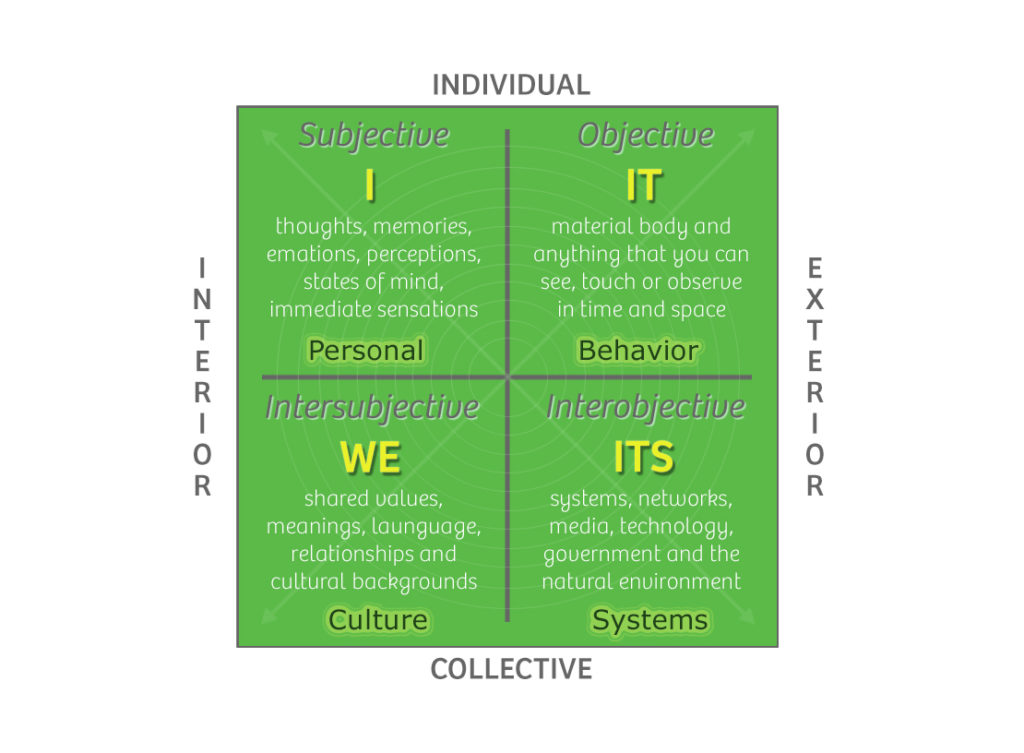What It Is:
Integral Theory is a comprehensive philosophical and psychological framework that seeks to integrate various dimensions of human experience, knowledge, and consciousness. It was developed by philosopher and author Ken Wilber. Integral Theory posits that reality is composed of multiple dimensions or perspectives, and to understand the whole, one must consider these dimensions in an integrative manner.
Origin of Integral Theory: Ken Wilber began developing Integral Theory in the late 1970s and continued to refine it over the following decades. He introduced the framework to the public through his influential books, starting with “The Spectrum of Consciousness” in 1977 and later works such as “A Brief History of Everything.”
How to Use It:
Using Integral Theory in Agile Coaching:
- Holistic Perspective:
- Integral Theory emphasizes a holistic perspective that considers multiple dimensions of individual and collective experiences. When coaching an Agile software delivery team, it can be applied to understand the complexity of team dynamics, organizational structures, and the broader context in which the team operates.
- Quadrants and Perspectives:
- Integral Theory introduces the concept of quadrants, which represent different perspectives—individual and collective, subjective and objective. Applying this to Agile coaching involves considering the perspectives of team members, stakeholders, and the organization as a whole. This can lead to a more comprehensive understanding of challenges and opportunities.
- Stages of Development:
- The theory includes a model of stages of development that individuals and societies go through. Applying this aspect in Agile coaching involves recognizing the developmental stages of team members and adapting coaching approaches accordingly. It can contribute to better communication, collaboration, and conflict resolution.
- Lines of Development:
- Integral Theory identifies various lines of development, such as cognitive, emotional, moral, and interpersonal lines. Applying this concept means recognizing the diversity of skills and competencies within the team. Agile coaches can tailor their coaching to support the development of different lines for individual and collective growth.
Integral Theory provides a powerful lens for understanding complexity and fostering an integrative approach to coaching and leadership. By considering multiple perspectives and dimensions, Agile coaches can navigate the challenges of software delivery within a more holistic and inclusive framework.
References:
- Ken Wilber’s Books:
- Explore Ken Wilber’s books, particularly “A Brief History of Everything” and “Integral Spirituality,” for in-depth explanations of Integral Theory. These works provide a foundational understanding of the framework.
- Online Courses and Workshops:
- Ken Wilber and other integral thinkers offer online courses and workshops that delve into Integral Theory. Participating in these programs can enhance your practical understanding and application of the framework.
- Integral Coaching Programs:
- Some coaching programs and institutes integrate Integral Theory into their coaching methodologies. Look for coaching programs that incorporate Integral Theory if you’re interested in a hands-on and applied approach.
- Integral Communities and Forums:
- Join integral communities and forums where practitioners discuss applications of Integral Theory. Engaging with others who apply the framework in various domains can broaden your perspective.
Visit the Agile Coach’s Toolkit for more definitions, models, theorems and stuff.

